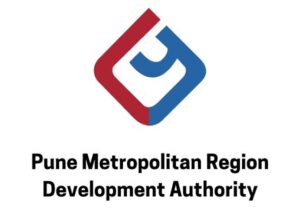Someone Claiming Ownership of Your Property? Take These Legal Steps Now

Someone Claiming Ownership of Your Property? Take These Legal Steps Now
A Power of Attorney (PoA) is a legal document that allows someone else to act on your behalf—whether for property management, financial transactions, or legal matters. It’s commonly used when a person is unavailable or unable to handle certain responsibilities personally, such as managing property while abroad. However, there are situations where you might need to revoke that authority, especially if there’s a risk of misuse or if the original purpose of the PoA has been fulfilled.
What is a Power of Attorney?
A Power of Attorney gives legal authority to a designated individual (called the Agent) to perform specific acts on behalf of the person issuing the document (called the Principal). These powers can range from handling bank accounts to selling or managing property. Importantly, the authority granted under a PoA is not permanent—it can be withdrawn at any time, provided the proper legal process is followed.
When Should You Revoke a PoA?
You might consider cancelling a Power of Attorney if:
- The agent is misusing their authority or acting beyond their assigned responsibilities.
- The original purpose for granting the PoA has been completed.
- Trust issues between the principal and the agent.
The Process of Cancelling a Power of Attorney
Revoking a Power of Attorney isn’t just about telling the other person to stop acting on your behalf—it requires a few formal steps to ensure the revocation is legally valid.
1. Draft a Revocation Deed
Begin by preparing a Revocation Deed, which is a legal document that formally cancels the PoA. It should include all the key details—such as the name of the agent, the scope of the powers that were granted, the date of the original PoA, and clear reasons for revocation.
2. Register the Revocation (If Required)
If the original Power of Attorney was registered with a sub-registrar, the revocation deed must also be registered at the same office to make it legally binding.
3. Inform Concerned Parties
After revocation, notify all relevant parties—including the agent, banks, government departments, and any private organizations where the PoA may have been used. This helps prevent unauthorized actions by the agent.
4. Publish a Public Notice
To ensure that third parties are also aware of the cancellation, publish a notice in a widely circulated newspaper (local or national). This step is especially crucial for real estate matters or business transactions.
What If the Agent Still Uses the PoA?
If the agent continues to act on a revoked Power of Attorney, the principal has the right to take legal action. The courts can issue an injunction to prevent further misuse and may also award compensation for any losses caused.
Cancelling a Power of Attorney is more than just a personal decision—it’s a legal process that must be handled properly to avoid future complications. If you’re unsure how to proceed, it’s always best to consult a legal professional to ensure that every step is completed correctly. After all, protecting your assets and interests begins with making informed, lawful choices.












